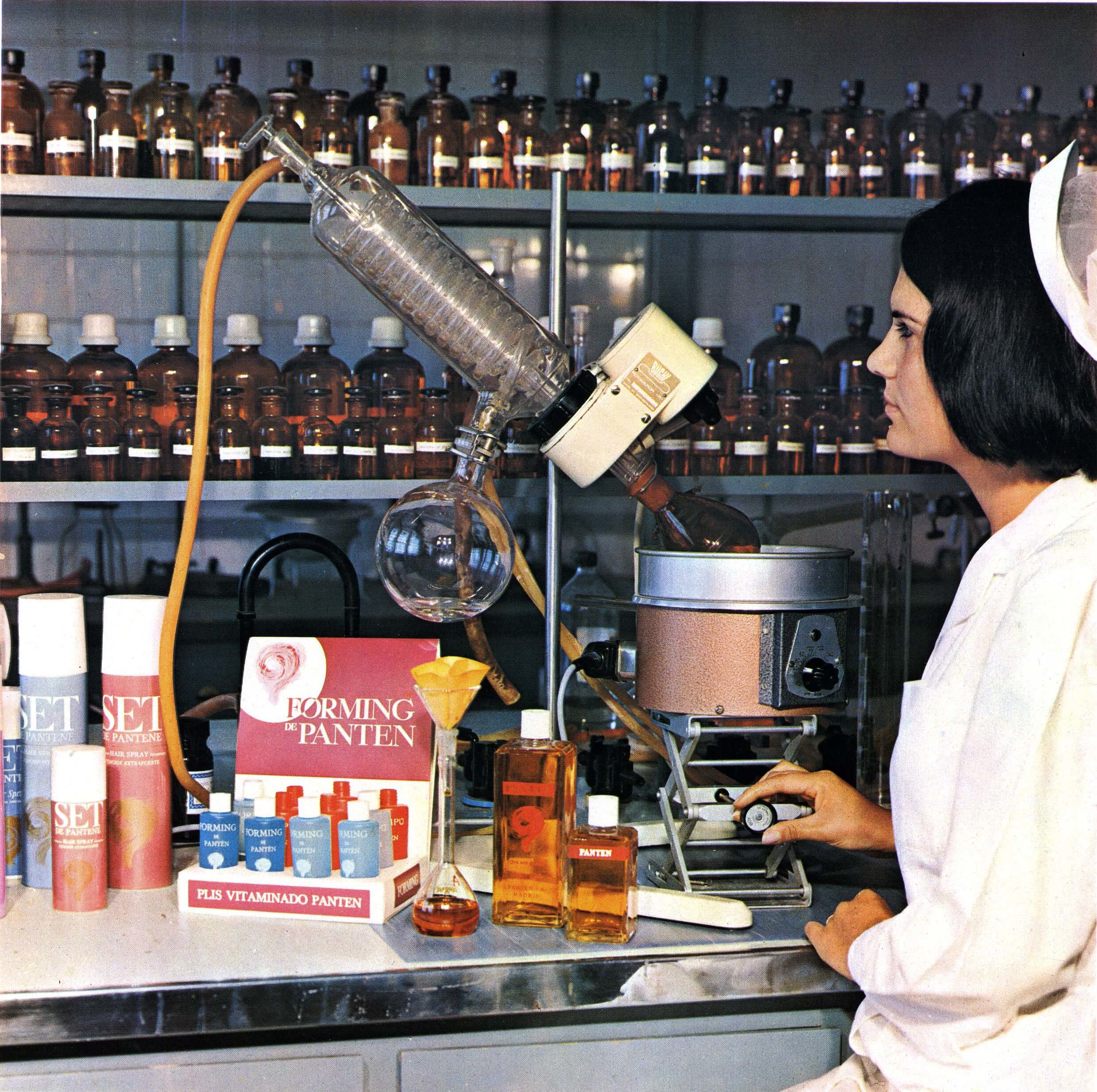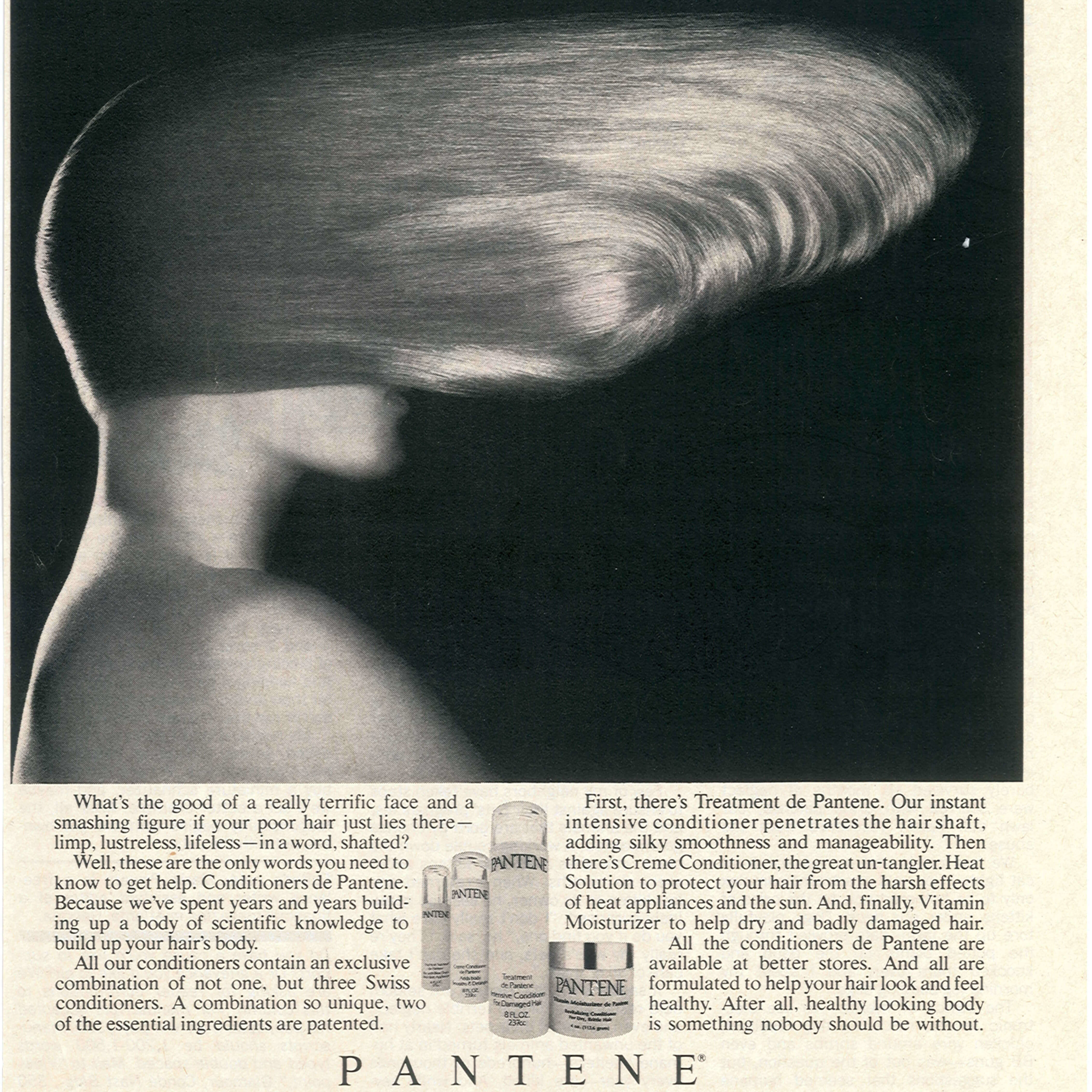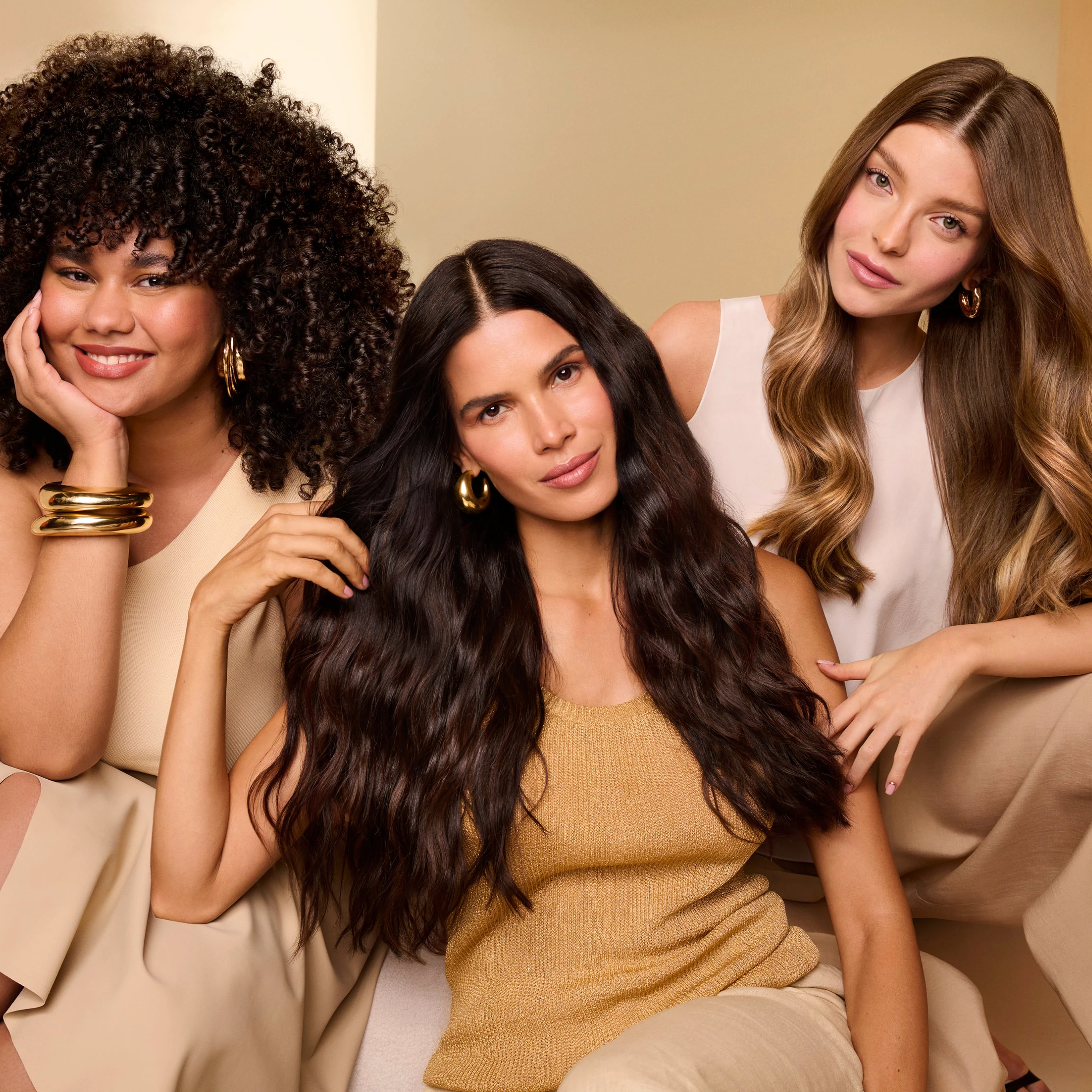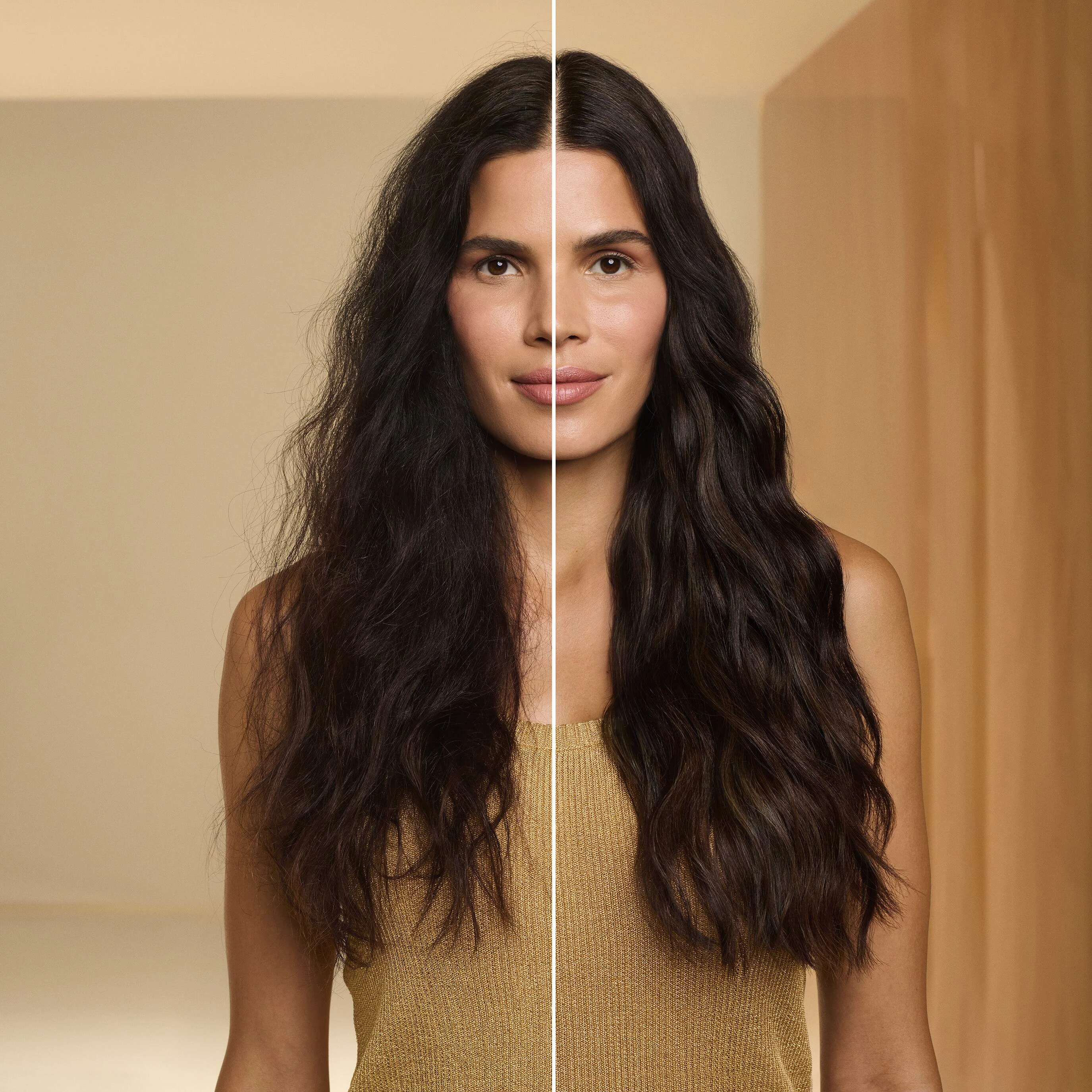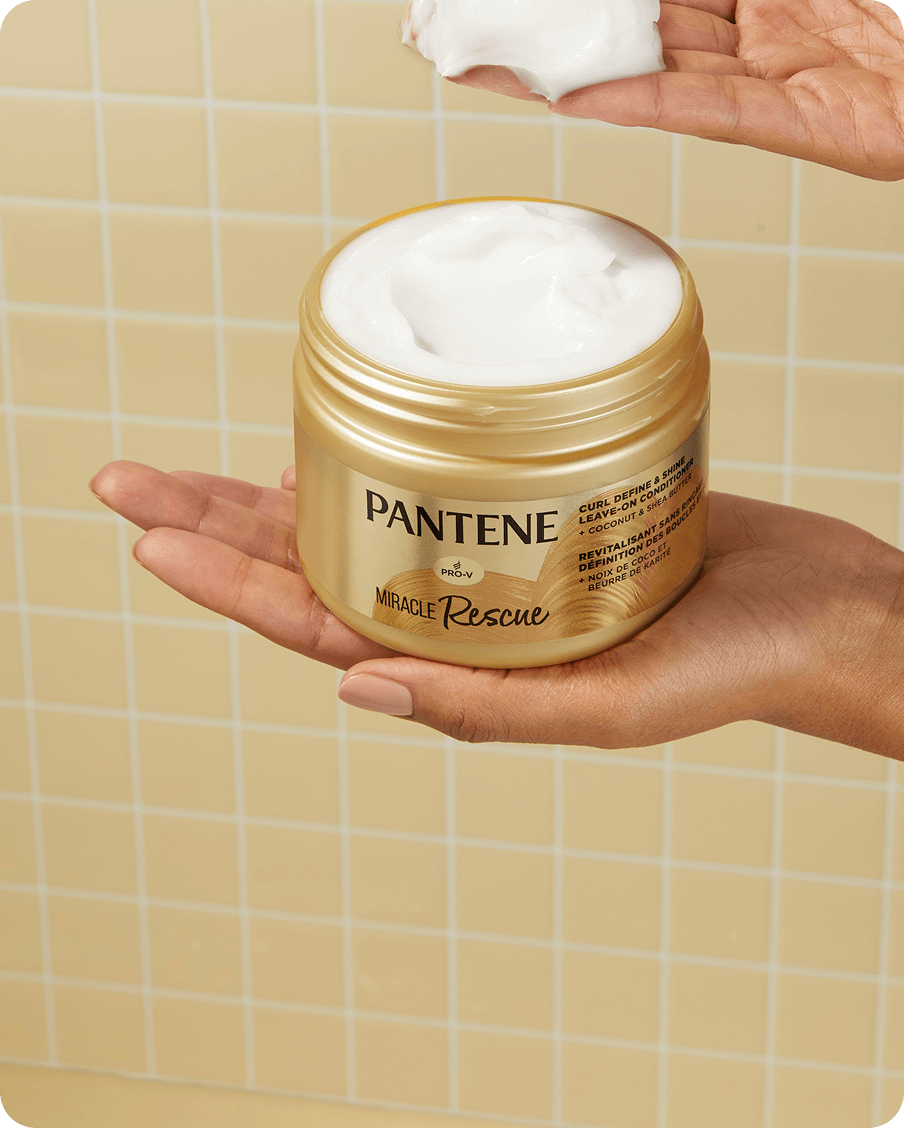
OUR
story
PANTENE has been the leader in hair damage repair since 1945.
Learn more about our origin story.
IT'S OUR
journey
IT'S OUR
journey

All damaged hair deserves
a good comeback story.
DAMAGE REPAIR for all
ingredient no.1
pro-vitamin
THE ONE THING IN EVERYTHING
Our patented primary ingredient developed for stronger and thicker hair.
Shop our
top shelf
Get luxury hair repair without the luxury price tag.

Shop our
top shelf
Get luxury hair repair without the luxury price tag.



